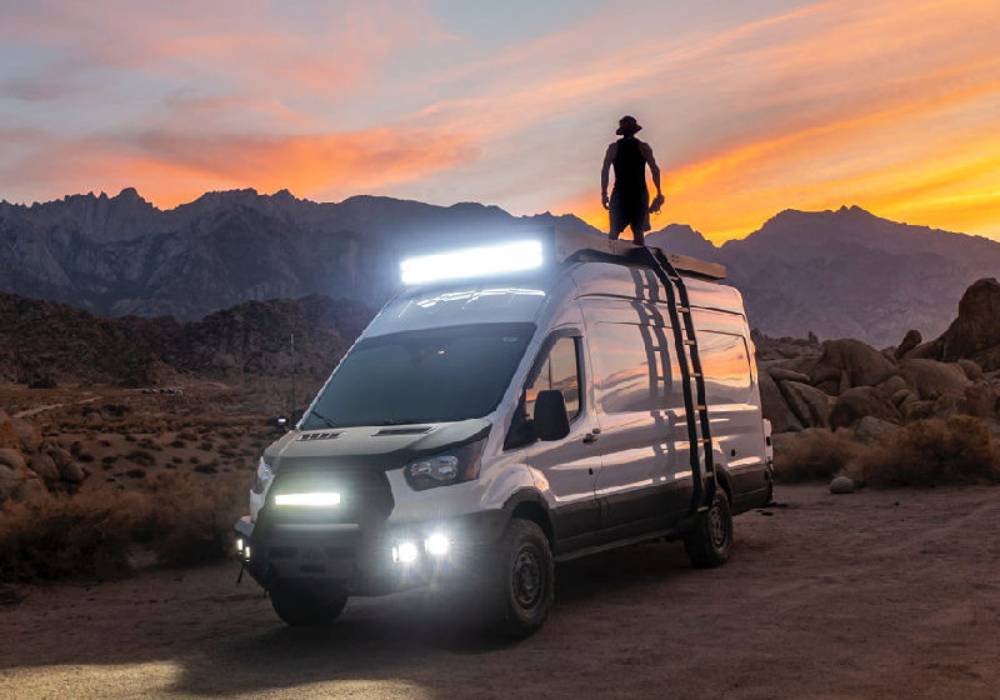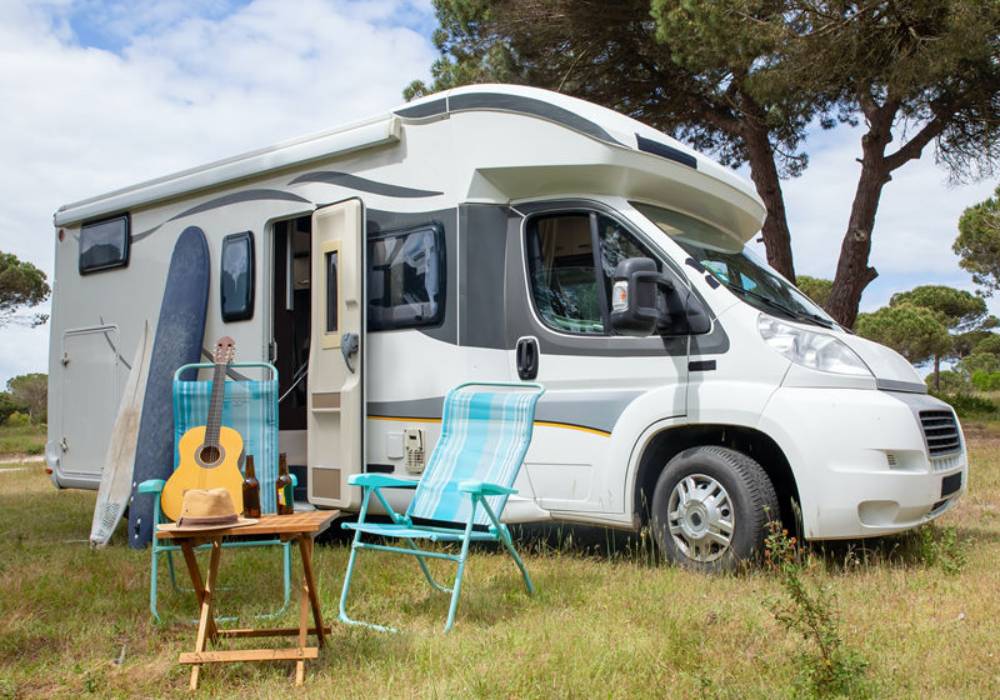RV enthusiasts, travelers, and campers know the significance of a reliable deep cycle RV battery. Choosing the right one is crucial for ensuring a seamless and enjoyable RV experience. In this article, we will delve into the various types of deep cycle RV batteries, their pros and cons, and the factors to consider when making a selection.
Introduction to Deep Cycle RV Battery
Deep cycle RV batteries are designed to provide sustained power over extended periods. Unlike starting batteries, which deliver short bursts of high energy, deep cycle batteries are built to discharge a smaller amount of energy consistently. This makes them ideal for powering the appliances and electronics in an RV, such as lights, refrigerators, and entertainment systems.
Selecting the right deep cycle RV battery is essential for ensuring a reliable power source for your RV. Factors such as battery lifespan, maintenance requirements, and compatibility with your RV setup should be carefully considered.
Types of Deep Cycle RV Battery
1.Flooded Lead-Acid Batteries
Flooded lead-acid batteries are a common choice for RV owners. They are known for their affordability and widespread availability. However, they require regular maintenance and careful handling due to the potential for spills and the need to replenish water levels.
2.Absorbed Glass Mat (AGM) Batteries
AGM batteries offer low maintenance and enhanced safety features. Their sealed design makes them spill-proof, and they are known for their durability and ability to handle deep discharges. However, they come with a higher price tag and may have limited availability compared to flooded lead-acid batteries.
3.Lithium-Ion Batteries
Lithium-ion batteries are gaining popularity in the RV community due to their superior performance, high energy density, and long lifespan. They are remarkably efficient and lightweight, making them ideal for RV setups. However, their initial cost and compatibility concerns with existing RV systems are important factors to consider.
Pros and Cons of Each Type
1. Flooded Lead-Acid Batteries
Pros: Affordability and widespread availability
Cons: Regular maintenance and potential for spills
2.Absorbed Glass Mat (AGM) Batteries
Pros: Low maintenance and enhanced safety
Cons: Higher cost and limited availability
3.Lithium-Ion Batteries
Pros: High energy density and long lifespan
Cons: Initial cost and compatibility concerns with existing RV setups

Factors to Consider When Choosing a Deep Cycle RV Battery
When selecting a deep cycle RV battery, several factors should be taken into account:
A. Power requirements and energy needs of the RV
B. Weight and size considerations
C. Environmental impact and disposal considerations
D. Budget and long-term cost analysis
E. Compatibility with solar or generator setups
In conclusion, the importance of choosing the right deep cycle RV battery cannot be overstated. By understanding the pros and cons of each type and considering individual RV needs and usage, RV enthusiasts can make an informed decision. Whether it’s the affordability of flooded lead-acid batteries, the low maintenance of AGM batteries, or the high performance of lithium-ion batteries, each type has its own strengths and considerations. By carefully assessing the factors discussed, readers can find the perfect deep cycle RV battery for their specific requirements.
Anyway, when comparing different types of deep cycle RV batteries, it’s essential to weigh the pros and cons, consider individual needs, and make an informed decision. With a suitable battery in place, RV enthusiasts can enjoy their travels with peace of mind, knowing that their power needs are well taken care of.

